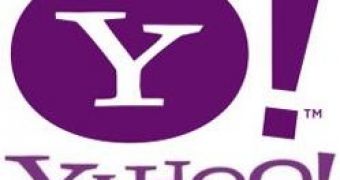Yahoo isn't doing very well with its search engine business and it even had several attempts to get rid of it in the past, but it still is the number two search engine in the world, with a comfortable lead over Microsoft. And apparently it's not rushing to sign a deal with the software giant, according to Yahoo CEO Carol Bartz.
"Yahoo doesn't have to do anything with Microsoft about anything," Bartz said at an investor conference. "We are a damned big, important site," she added later speaking at the Bank of America U.S. Technology conference.
She said that a deal with Microsoft would offer some great benefits allowing it to better scale its advertising business and she estimated were that Yahoo could save up to $700 million as a result of the partnership. She added at a later date at the All Things Digital conference in New York that for the company to sell its search business it would require a partner with a “boatload” of money and a certain technological level.
However, things aren't very optimistic for Yahoo Search, as it continues to lose market share to Google, in the context in which Microsoft just launched its latest search engine, Bing, to a mostly warm welcome from the media and the public. Batz though isn't worried and says that, while Bing may give Microsoft a short boost for the time being, it isn't going to change anything in the grand scheme of things. "They're not going to get scale through Bing. They're going to get some temporary interest," she says.
She also has a more realistic estimate than some earlier speculation on what Yahoo might gain if the deal were to go through. Analysts estimated in 2008, when the first Microsoft deal was proposed, that Yahoo might save up to $1.6 billion in annual costs. Yahoo's CEO however now puts it at about $500 to $700 million and no more than $750 million. "People in the past have thrown around big numbers, but they didn't know what they were talking about. And by the way, there's been many cuts since then," Bartz said on Wednesday.

 14 DAY TRIAL //
14 DAY TRIAL //